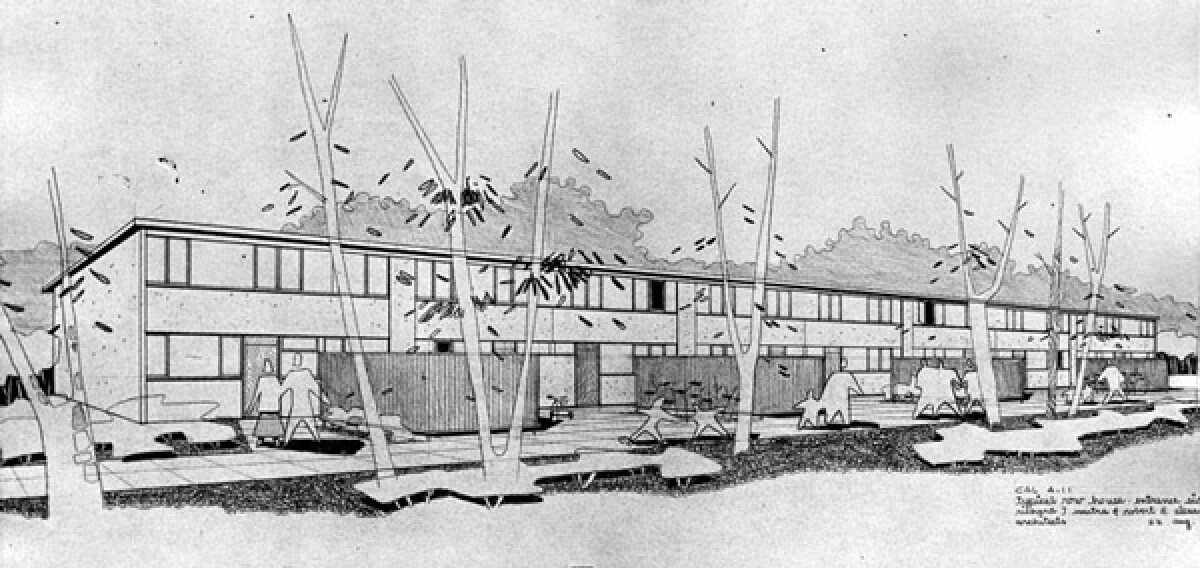CommentsPLANNING WATCH - Through Steve Lopez’s column, the LA Times posed a serious question about mayoral candidate, Karen Bass:
Will her connections and know-how be enough (to end homelessness)?”
While Steve Lopez did not answer the question, my take is that Karen Bass, like other Mayoral candidates, has too many political blinders to successfully tackle LA’s ever-worsening homeless crisis.
Blinder #1: The Mayoral candidates mostly attribute homelessness to personal pathology. This is why they call for more mental health outreach funding. While better support for these public services is welcome, it is only a drop in the bucket since mental illness is NOT a root cause of homelessness.
Blinder #2: The housing crisis is a permanent feature of American society, and its structural causes are economic, not addiction, mental illness, moral failure, or “bad luck,” a term that conceals the forces responsible for homelessness.
Blinder #3: The Mayoral candidates’ remedies, including Karen Bass’s, make the housing crisis worse, not better. Like the lobbying group, Abundant Housing, that Bass successfully pursued for an endorsement, the candidates claim homelessness results from a housing shortage. This is why they call for two supply-side economic nostrums popularized by the Reagan (1981-1989) and Clinton (1993-2001) administrations:
- Deregulation (paring back) of state and local zoning and environmental laws since they supposedly restrict housing production and therefore cause homelessness. Apparently, the thousands of commercial parcels on LA’s long transit corridors, that already allow by-right apartments, escaped the candidates’ attention.
- Privatization of public housing programs, by replacing defunded HUD and CRA public housing programs with density bonuses for private developers.
While zoning deregulation and privatization boost the profits of real estate speculators, they make the lives of people living in tents and cars or sleeping on couches, sidewalks, and streets much worse. These Reagan and Clinton era policies not only reduce the amount of low-priced housing through demolitions, but they also pull up housing costs by facilitating new, high-priced, gentrifying high-rise apartments. This is precisely why older Los Angeles neighborhoods, such as Downtown LA, Koreatown, Miracle Mile, and Hollywood, have so many new, expensive, high-rise apartments next to record numbers of homeless encampments.
For those who want more information about Karen Bass’s approach to the housing crisis, the Steve Lopez column is a good start. If you want more details, you can also go to her campaign website. It presents many potential housing programs but ignores the root causes and obvious solutions to the housing crisis. The role of these appealing but counterproductive free market-inspired proposals is to feign concern while stifling public programs that address the root causes of a chronic housing crisis:
- Restore public housing programs funded by the Federal Department of Housing and Urban Development. As I have frequently written, these programs have been incrementally revoked since the Nixon administration (1968-1973). Five decades later hardly anything remains. Yet, over a million low-income people still live in legacy public housing. If these programs had continued, over one million more people would now live in non-market public housing. This is twice the number of homeless people in the entire United States.

Proposed Chavez Ravine public housing. Never built because it became the site of Dodger Stadium.
- Reinstate public housing subsidies from California Redevelopment Agencies, dissolved in 2011.
- Preserve existing low-income housing by ending vacancy decontrol, moving LA’s Rent Stabilization Ordinance deadline from 1978 to 2007, and establishing accurate registries of existing and available low-priced housing and vetted low income tenants.
- Adopt mandatory Inclusionary Zoning ordinances in Los Angeles, that will require all new housing to include regularly inspected low-income housing units.
- Raise wages and revise tax laws to reduce economic inequality and poverty in the United States – so fewer people are priced-out of housing.
- Restrict domestic and foreign real estate investors from buying up apartments and houses for their investment portfolios, and therefore raising prices.
For those who want information about other policies and programs that the City of Los Angeles could adopt to address the underlying causes of its worsening housing crisis, I recommend a January 2021 CityWatchLA article by attorney Brad Kane: Homelessness Now Kills More Angelenos than Homicide – Options to Address the Housing Emergency. He lists 18 other programs, in addition to restoring public housing and preserving existing low-income apartments.
(Dick Platkin is a former Los Angeles city planner who reports on local planning issues for CityWatchLA. He serves on the boards of United Neighborhoods for Los Angeles (UN4LA) and the Greater Fairfax Residents Association. Previous Planning Watch columns are available at the CityWatchLA archives. Please send questions and corrections to [email protected] .)
















